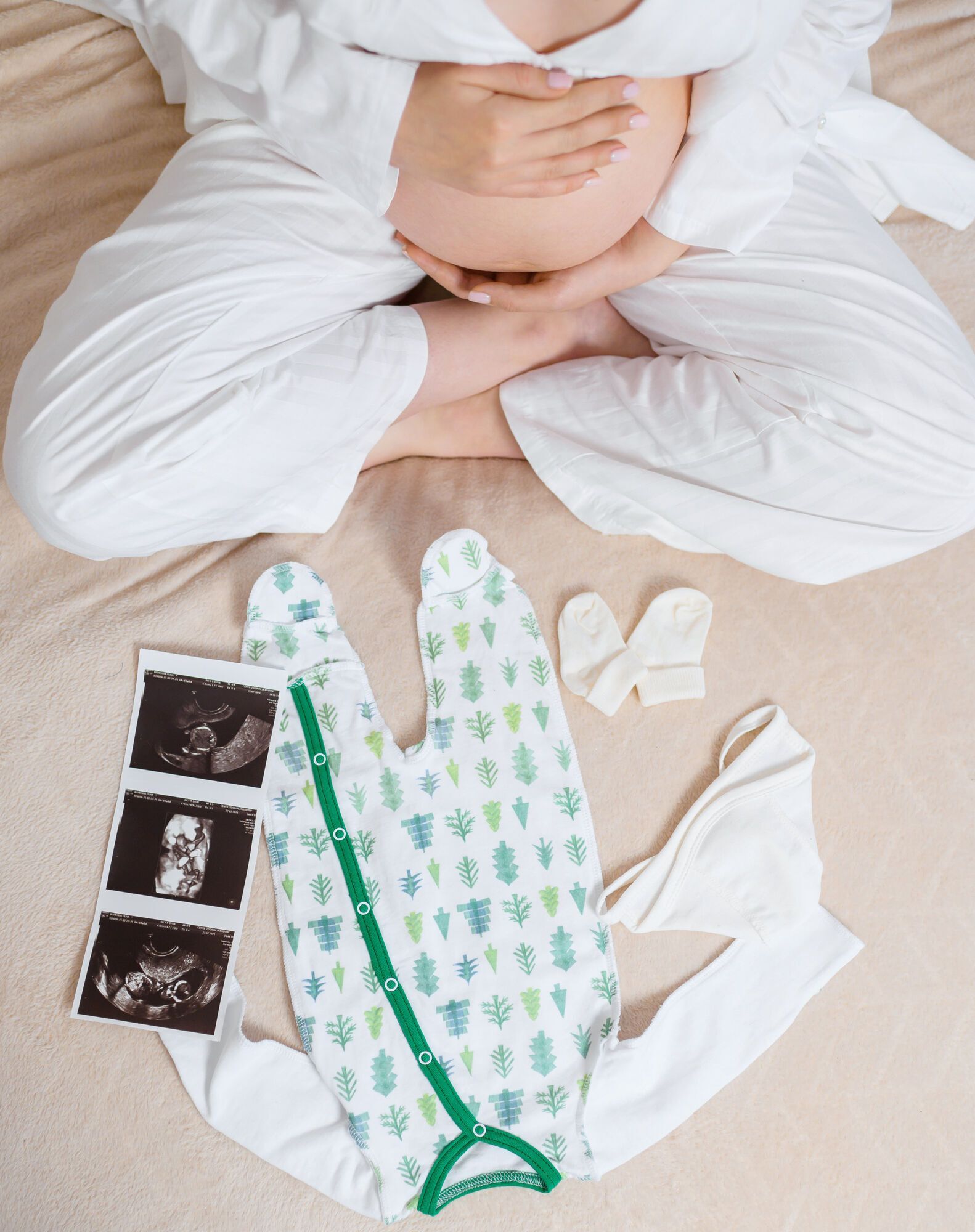News
Gene responsible for the sex of the future child discovered in a new study: its carriers are more likely to give birth to a daughter
Scientists have discovered a gene variant that makes some parents more likely to give birth to female offsprings rather than male. This is stated in a new study that analyzed the genomes of approximately 450,000 men and women in the UK.
Scientists have found that one particular version of the gene, rs144724107, increases the likelihood of having a daughter by 10%. This means that during a given pregnancy, a person with this variant has a 60% chance of having a daughter, rather than the expected 50%, Live Science writes.
However, it is still unclear whether it is enough for one parent to be a carrier of the rs144724107 gene or both parents to affect this ratio of offspring to gender.
It is also not yet known how this gene variant increases the likelihood that someone will have female offspring. However researchers know that in DNA molecules, rs144724107 is located near a member of a gene family called ADAMTS. This family has been linked to both sperm production and fertilization, the process in which sperm and eggs fuse to form embryos. Given this proximity, rs144724107 may affect how this gene is turned on and off.
The findings of this study may support the idea that the classical theory of evolutionary biology is applicable to humans. The theory, known as Fisher's principle, suggests that in most cases, sexually reproducing organisms produce equal numbers of male and female offspring.
"The theory goes that if a population has more males than females, evolutionary pressures would favor gene variants that boost the number of females, thus balancing the ratio. The same thing would also happen the other way around, if there are more females than males," explains study co-author Jianzhi Zhang, a professor of ecology and evolutionary biology at the University of Michigan.
To confirm this theory, researchers need to identify gene variants that affect the number of male and female offspring a person has. In humans, such variants have been difficult to identify, in part because people tend to have relatively few offspring. However, the U.K. Biobank's huge dataset allowed the team to identify the rs144724107 variant. The database does not record the sex of the participants' offspring, but it does contain information about the sex of the participants' siblings. So instead of linking the gene variant in the parents to the sex of their offspring, the team worked backwards, checking the sex of the siblings and then tracing that back to their parents' gene variants.
The researchers found that only 0.5% of participants had rs144724107, but they suspect that there are other variants that also affect the sex of offspring. "Some people might happen to have variants that increase the sex ratio in favor of males or females, while others' genes will decrease the sex ratio," Zhang said.
The team's findings will need to be confirmed in other groups of people. The team will also need to see if similar variants exist in the genomes of more diverse populations. The researchers included only people of European descent in this study.
Only verified information is available on OBOZ.UA Telegram channel and Viber. Do not fall for fakes!





























